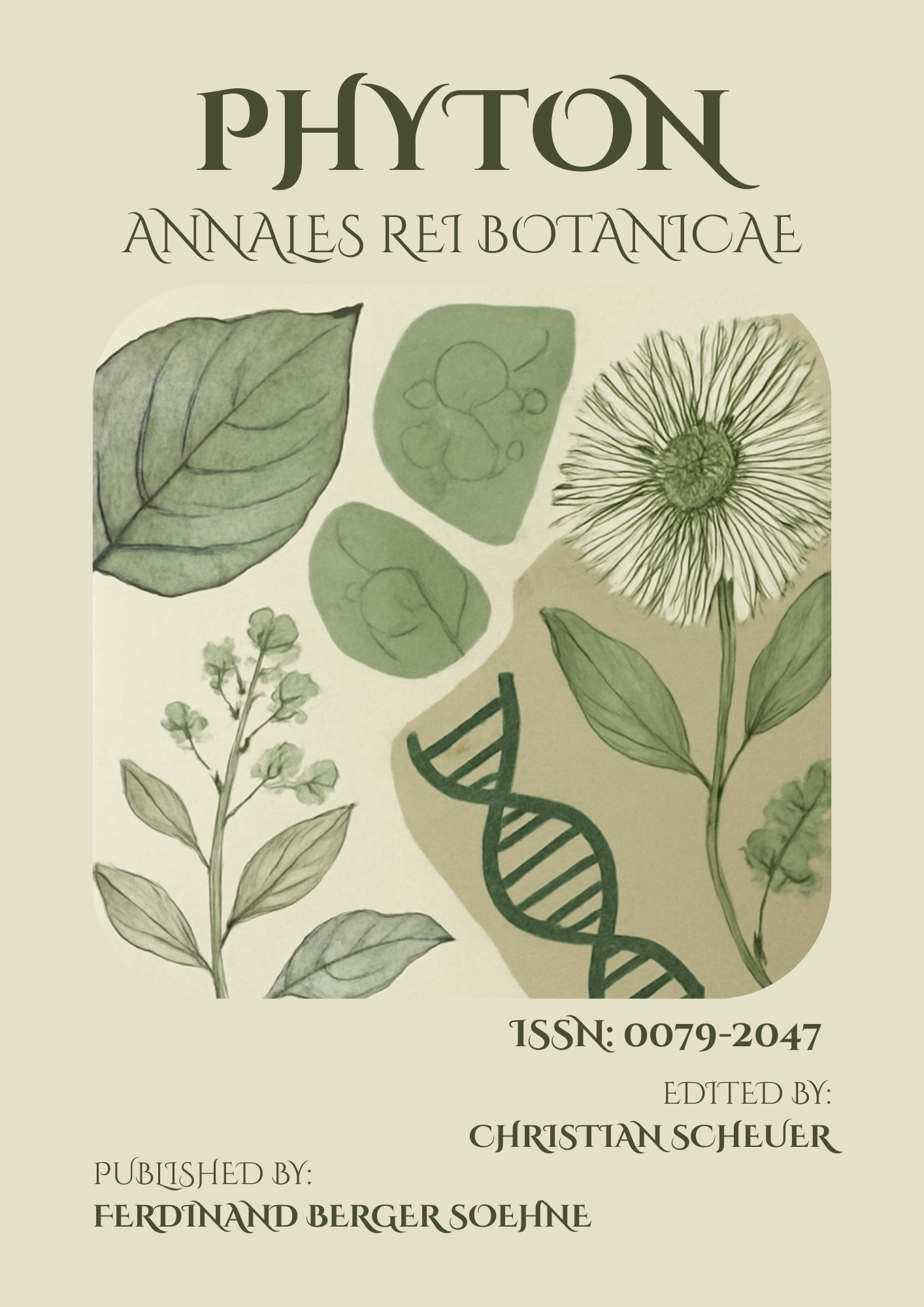The Role of Genetic Diversity in Crop Improvement for Arid Regions: A Case Study from Morocco
Keywords:
Genetic Diversity, Crop Improvement, Drought Tolerance, Morocco, Sustainable Agriculture, CRISPRAbstract
In arid regions, climate change and water scarcity pose significant challenges to agricultural productivity. This paper investigates the role of genetic diversity in enhancing crop resilience in Morocco, focusing on the use of native plant varieties to improve drought tolerance and water-use efficiency. The research reviews various traditional crop varieties, such as drought-tolerant barley and wheat, and examines how their genetic characteristics can be utilized in modern breeding programs. The study explores the benefits of maintaining genetic diversity in crop breeding, including the potential for improved disease resistance, pest management, and adaptation to changing environmental conditions. Additionally, the paper discusses how genomic technologies, such as marker-assisted selection and CRISPR gene editing, can be used to accelerate the development of drought-resistant crops. The findings suggest that integrating genetic diversity into breeding programs is a sustainable strategy for ensuring food security in arid regions. The paper concludes by recommending policies that promote the conservation of indigenous crop varieties and their integration into mainstream agriculture to safeguard future food production in Morocco.
Published
How to Cite
Issue
Section
License
Copyright (c) 2023 PHYTON-ANNALES REI BOTANICAE

This work is licensed under a Creative Commons Attribution-NonCommercial-ShareAlike 4.0 International License.
This article is published under the terms of the Creative Commons Attribution-NonCommercial-ShareAlike 4.0 International License (CC BY-NC-SA 4.0). Readers may share and adapt the material for non-commercial purposes, provided appropriate credit is given and adaptations are shared under the same license.



